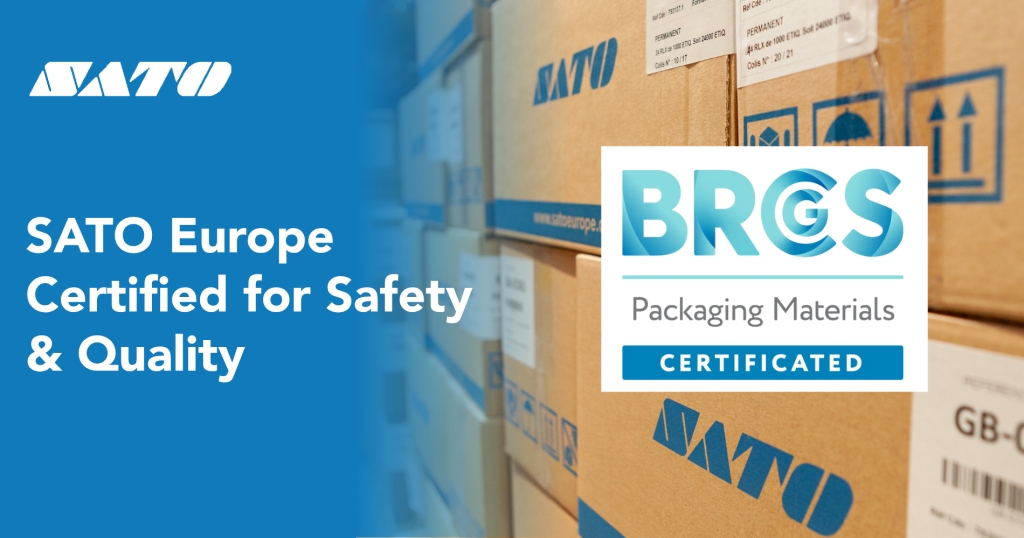Supply Chain Snapshot: Weekly Industry Insights #25
07/10/24
As we enter the final months of 2024, supply chains across industries are facing increasing pressure to adapt to global challenges and new regulations. This week, we dive into how different sectors, from fashion and food to automotive and technology, are tackling these issues. With Black Friday and the holiday season fast approaching, businesses are preparing for the surge while also keeping an eye on compliance, sustainability, and innovation.
Retail and Food: Sustainability, regulations, and food safety
The EU’s anti-deforestation law, initially set to reshape how businesses source materials, has been delayed, giving companies more time to adjust their supply chains to comply with new sustainability requirements. The law’s postponement provides breathing room, but companies must remain vigilant in preparing for its eventual rollout. Learn more about the delay in the anti-deforestation law.
RFID technology is revolutionising food safety and supply chain management. By enhancing transparency and traceability, RFID ensures products are monitored in real-time, reducing waste and improving compliance with food safety regulations, especially as the holiday demand peaks. Discover how RFID is transforming food safety and supply chains.
Automotive: Semiconductor crisis and battery supply chain race
Hurricane Helene is raising new concerns about the global semiconductor supply chain. The automotive industry, already grappling with chip shortages, faces further disruptions as this natural disaster exacerbates the strain on an already delicate supply line. Read more about the impact of Hurricane Helene on the semiconductor supply chain.
The race for dominance in the battery supply chain is heating up, with Europe struggling to keep pace. As the world transitions to electric vehicles (EVs), Europe must act fast to build a resilient battery supply chain or risk falling behind major global players like China and the U.S. Explore Europe’s race in the battery supply chain.
Fashion: Navigating EU mandates and improving worker rights
The fashion industry is adapting to new EU sustainability mandates, which aim to push brands toward more responsible sourcing and production methods. As regulations grow tighter, fashion businesses must innovate to remain compliant without sacrificing efficiency or profitability. Get insights into how fashion brands are navigating the EU’s new mandate.
At the same time, Fair Wear’s new HRDD Academy is helping fashion brands address human rights concerns across global supply chains. The initiative is focused on educating businesses on how to uphold better working conditions and safeguard workers’ rights throughout the supply chain. Learn more about the HRDD Academy and Fair Wear’s initiatives.
Technology and Compliance: AI and global regulatory efforts
The rise of AI and other technologies is revolutionising how businesses manage transparency and traceability in their supply chains. Companies are increasingly relying on AI-powered solutions to enhance visibility, ensure compliance, and build consumer trust in industries like food and fashion. Explore how technology is driving transparency in supply chains.
The European Union’s new due diligence regulation (EUDR) is making waves across global supply chains. While the regulation originates in Europe, it has far-reaching implications, requiring companies worldwide to ensure they meet stringent environmental and social standards. Compliance is no longer a regional concern but a global responsibility for businesses with complex supply chains. Learn how EUDR is becoming a global compliance challenge.
Global logistics and growth strategies: Preparing for future challenges
Amid the ongoing supply chain uncertainties, logistics is becoming increasingly central to ensuring continuity. Companies are adopting new strategies, like advanced fleet management and digitisation, to weather disruptions and optimise their supply chains for the future. Learn how logistics is adapting to global uncertainties.
For European businesses, five game-changing strategies are emerging to drive future growth. These include embracing digital transformation, scaling sustainability efforts, and building more resilient supply chains. As businesses prepare for the future, these strategies are crucial for ensuring long-term success in a competitive global market. Discover the game-changing strategies for Europe’s future business growth.
As we progress through Q4, businesses must balance growth with compliance, sustainability, and innovation. With global supply chains under pressure from natural disasters, regulatory changes, and the ongoing semiconductor shortage, staying agile is key. Visit SATO Europe for more insights on how supply chains are evolving in today’s dynamic landscape.
Latest News
All News

10/02/26
SATO Europe appoints Armelle Jaclot as European Marketing Director
10 February 2026 – Heidelberg, Germany – SATO Europe...

02/02/26
SATO strengthens its European manufacturing capabilities as Polish site achieves...
2nd February 2026 – Heidelberg, Germany ...












